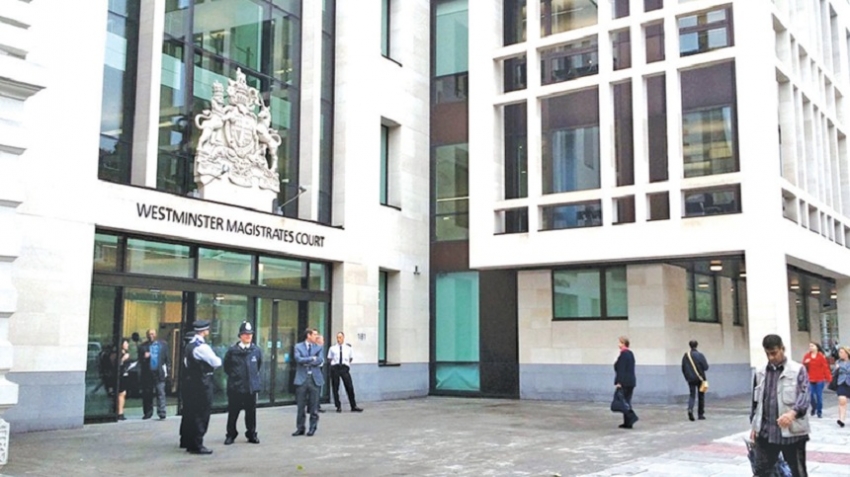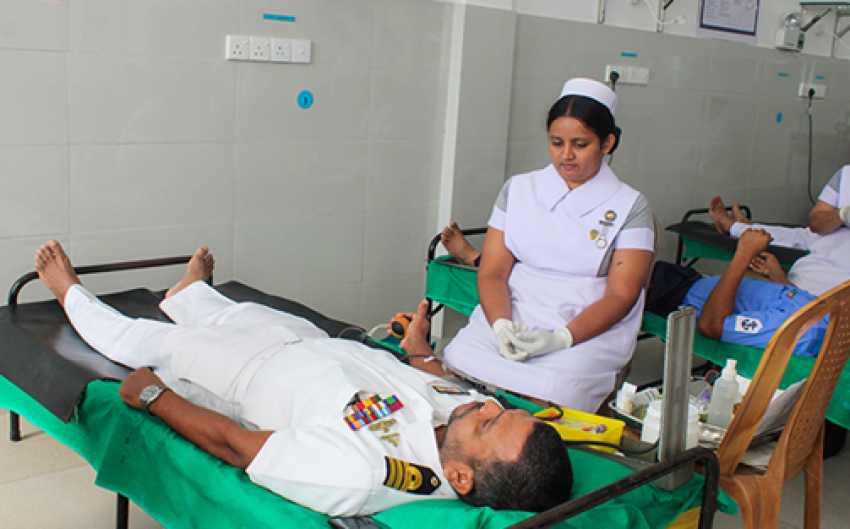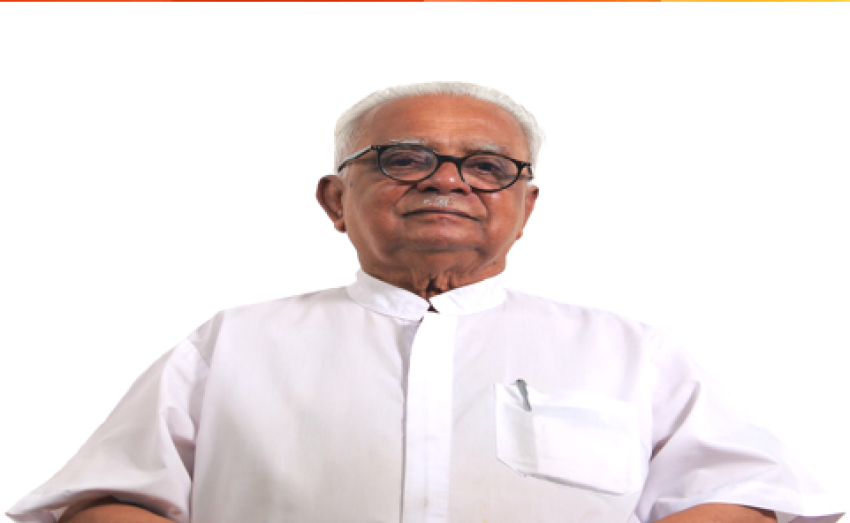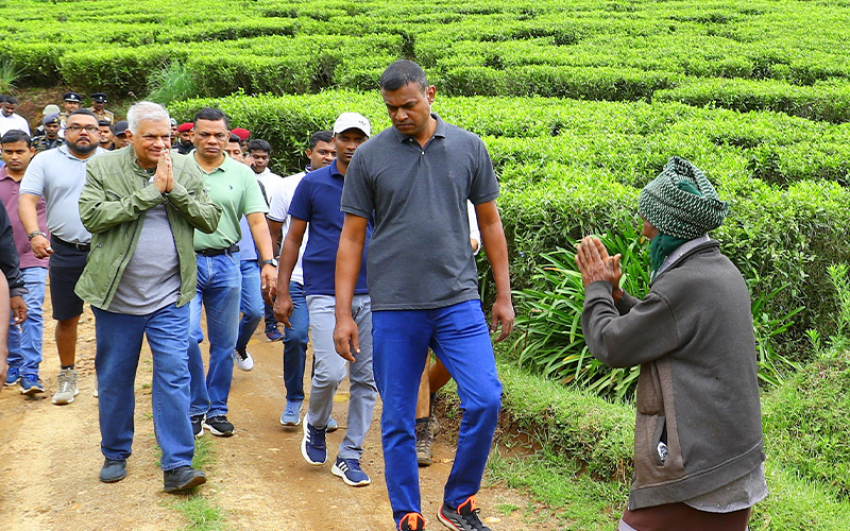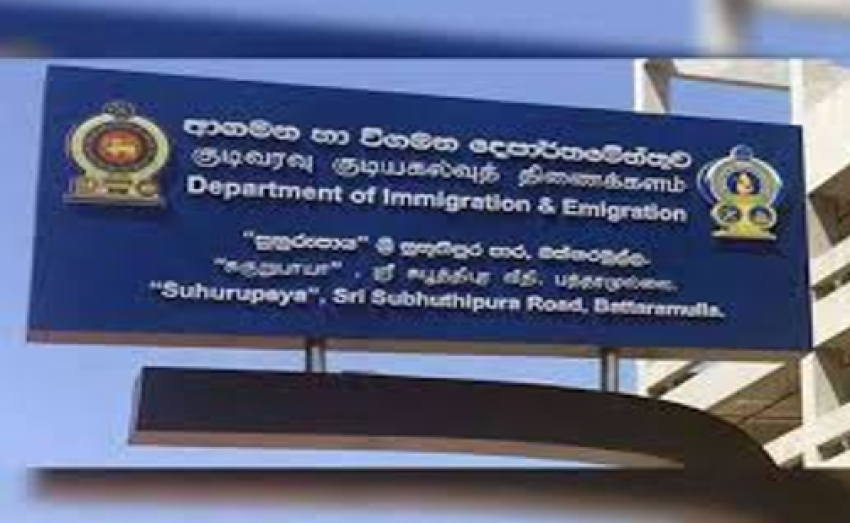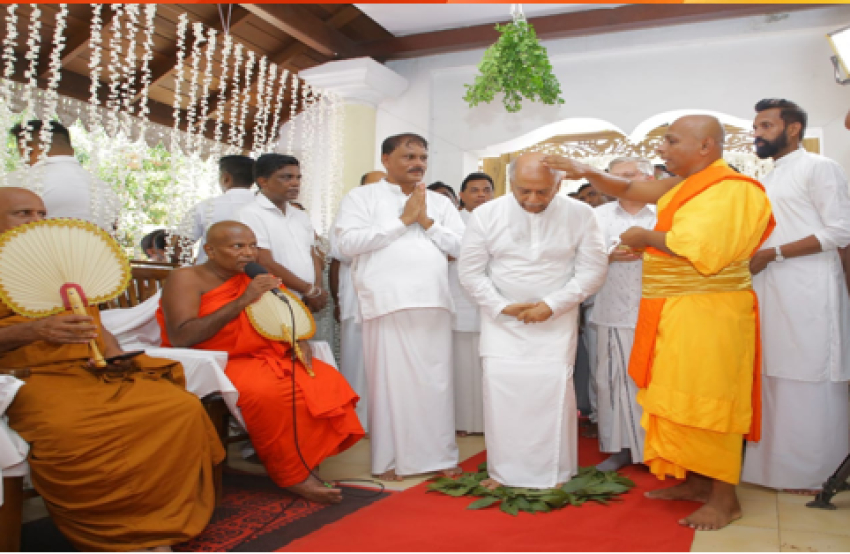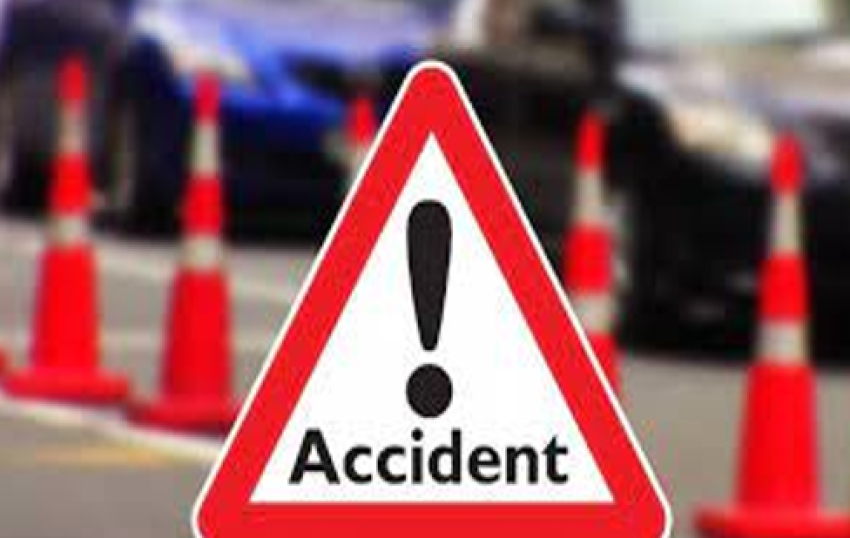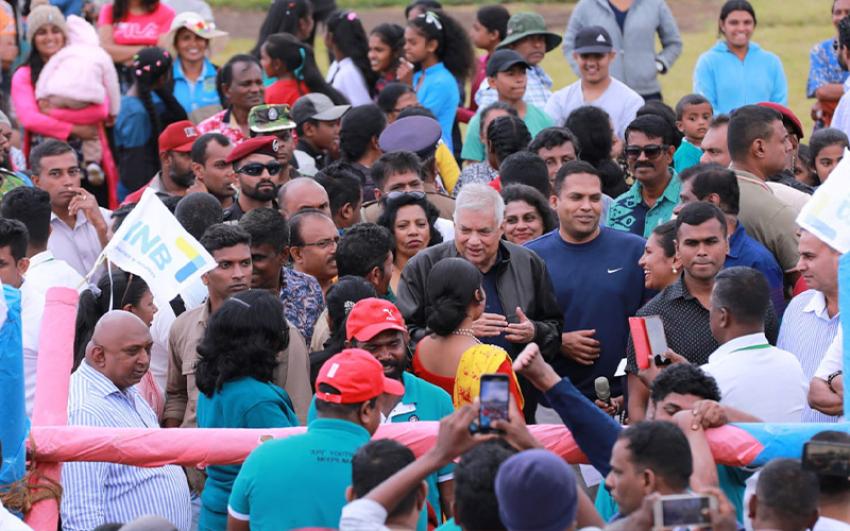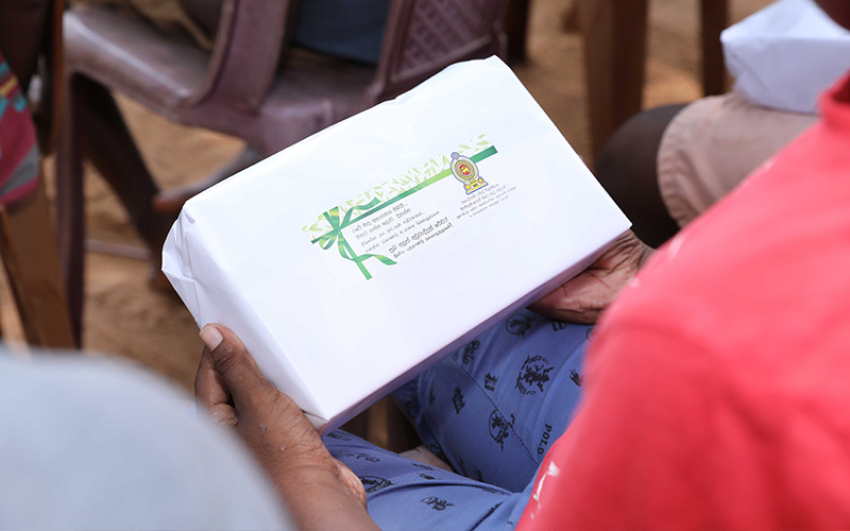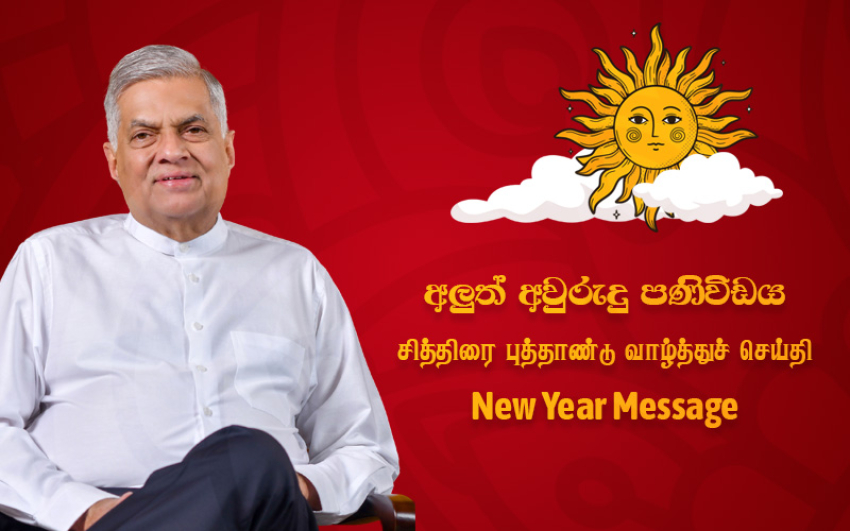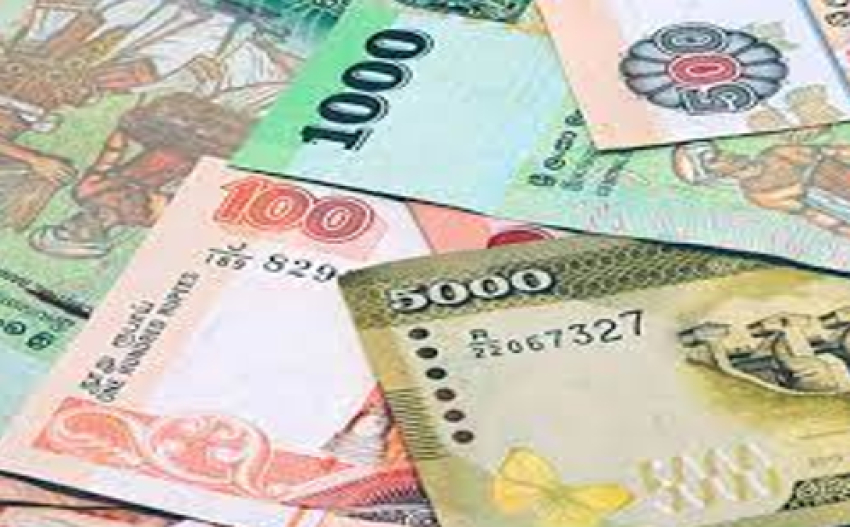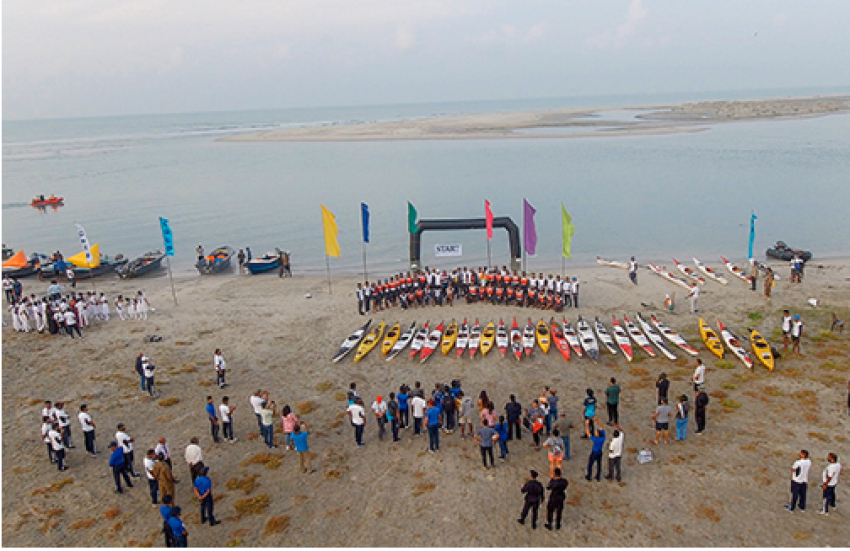It happened at ‘Carlton Lodge’, the residence of Boonwaarts; where, Sao, the Burmese envoy, wife Shirley, who was involved in an illegitimate romantic affiliation and their three kids, lived in 1967. (The mansion is the Present Capri Club which stands sandwiched between Green Path and Turret Road.) Neighbours heard three gunshots and heart-rending screams of a woman in the morning of Sunday October 15.
Vienna Convention’s—Article 22 of the treaty says, “The premises of a diplomatic mission, such as an embassy, are inviolable and must not be entered by the host country except by permission of the head of the mission. Furthermore, the host country must protect the mission from intrusion or damage. The host country must never search the premises, nor seize its documents or property.” And the Article 30 goes a further step, adding its validity to the private residence of the diplomats.
A cold-blooded murder carried out in broad daylight in the heart of the city, perhaps the only such gruesome crime ever committed in a place demarcated as out of bounds to local law enforcement authorities in Sri Lanka was committed by none other than the Ambassador himself. Ambassador Boonwaat, the assailant, enjoyed diplomatic immunity. He was given state patronage even to obtain the services of three Buddhist monks to perform religious rights before cremating the remains of Madam Shirley, who was at the centre of an illicit rendezvous.
CMC had no hesitation in allowing the Burmese wife murderer access to Kanatte general cemetery sans legal procedures of postmortems by coroners, performance of autopsy by Judicial Medical Officers or issue of death certificates. ‘His Excellency’, Ambassador Boonwaart remained peacefully with his three little children and staff for nine days unaffected by local police ‘interference’ or questioning until Burmese authorities arrived here for his deposement and safe extradition to their motherland.
They call it “Diplomatic Immunity”.
Immunity or stupidity on the part of local authority?
Respect for Diplomatic Immunity, or stupidity of the local law enforcement authorities who allowed the use of services by private funeral directors, and general cemetery’s crematorium for the wife murderer’s free choice.
The Vienna Convention on Diplomatic Relations of 1961 is a treaty that defines a structure for diplomatic relations among independent countries. It spells out the privileges of a diplomatic mission that ensure diplomats perform their role without fear of compulsion or harassment by the host nation forming the legal basis for diplomatic immunity. (Is cold-blooded murder allowed?)
The convention’s articles are considered a foundation stone of contemporary international relations. Up to October 2018, it has been sanctioned by 193 states.
The Article 9 states, ‘The host nation at any time and for any reason can declare a particular member of the diplomatic staff to be persona non grata. The sending state must recall this person within a reasonable period of time, or otherwise this person may lose their diplomatic immunity’.
Gladston affair during Premadasa
The Sri Lankan government in May 1991 declared David Gladstone, British High Commissioner, one of the highly regarded diplomats in Sri Lanka, persona non grata and expelled from the country for the crime of reporting irregularities at a polling booth during the local elections. Gladstone visited a polling centre on May 11, during local elections and later reported to police about an incident of UNP members involved in vote rigging. UK Foreign Office rejected there were basis for diplomat's expulsion. Our Foreign Ministry maintained the act as ‘unwarranted interference in the internal affairs of Sri Lanka,’ which is detrimental to the good relations between the two nations.
Foreign Secretary Bernard Tillekeratne made a special request to British Foreign Office through Sri Lankan High Commissioner R.S. Attygalle to recall Gladstone, saying he had violated the accepted norms of ambassadorial practice. The general secretary of UNP charged that the envoy, who was not even an official monitor/observer, had acted ultra vires. However, unlike the current UNP leadership, R. Premadasa, the then Sri Lankan president, who initiated the move, made an indirect reference to the Gladstone incident charging that Britain had exploited our country, and continued, ‘they still think they are our colonial masters.' The United Kingdom was compelled to accept our position and call the diplomat and make immediate replacement. We do not intend to discuss the intricacies in the move, but UNP had leaders with backborn who withstood Western pressure in safeguarding the country’s dignity and pride.
Abuse of immunity by diplomats
The diplomats are representatives of nations with great traditions; eg. Burma and UK, and are expected to observe rules governing their conduct and they should undergo disciplinary action if they disobey local laws. A diplomat's career may be negotiated if they or members of their family defy or cause serious embarrassment, cases in violation of the spirit of the Conventions.
The Vienna Convention clearly states, that “without prejudice to their privileges and immunities, it is the duty of all persons enjoying such privileges and immunities to respect the laws and regulations of the receiving State.” Diplomatic immunity, in some instances leads to unfortunate consequences; diplomats have violated laws of the host.
Breach of the law by diplomats has included smuggling, espionage, child custody violations, tax evasion, money laundering, making terrorist threats, slavery, preying on children over the Internet for sex, and murder.
Article 29-- Diplomats must not be liable to any form of arrest or detention. They are immune from civil or criminal prosecution, though the sending country may waive this right under Article 32.
Westminster ruling against Brigadier Priyanka Fernando
The Westminster Magistrate Court’s judgement against Defence Attache Brigadier Priyanka Fernando was a politically motivated action. Sri Lankan government’s position on the matter was, that the officer, as a diplomat, was entitled to diplomatic immunity under Article 31 of the Vienna Convention on Diplomatic Relations of 1961.
The determination by the Magistrate in Westminster courts delivered by the Chief Magistrate on December 6, 2019 (The timing of the delivering of the judgement on the eve of the UK elections) where Sathananthan (private prosecutor of this case) vs. Brigadier Priyanka Fernando, was, under Section 4A of the Public Order Act of the UK. They say it imposed a lower notional financial penalty, but did not consider it appropriate to issue a warrant.
The case was politically motivated
The Brigadier was charged in the alternative with the following:
1. On February 4, 2018 outside the Sri Lankan High Commission 13 Hyde Park Gardens, with intent to cause those persons harassment, alarm or distress and without lawful excuse used threatening, abusive or insulting words or behaviour or displayed a sign of other visible representation which was threatening abusive or insulting, thereby causing Gokulakrishnan Narayanasamy and Majuran Sathananthan harassment, alarm or distress contrary to Section 4A (1) and (5) of the Public Order Act 1986.
2. On February 4, 2018 outside the Sri Lankan High Commission 13 Hyde Park Gardens, London W2 2LU used threatening or abusive words or behaviour or disorderly contrary to section 5 (1) an (6) of the Public Order Act 1986.
Our foreign ministry wrote back quoting the Convention, that he is entitled to Diplomatic Immunity, hence cannot be prosecuted in a court of law of the host country.

